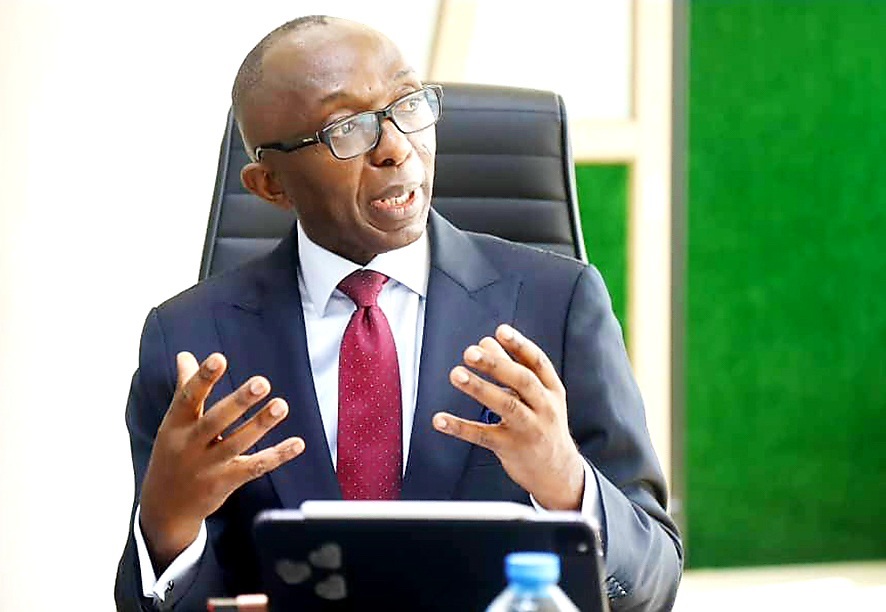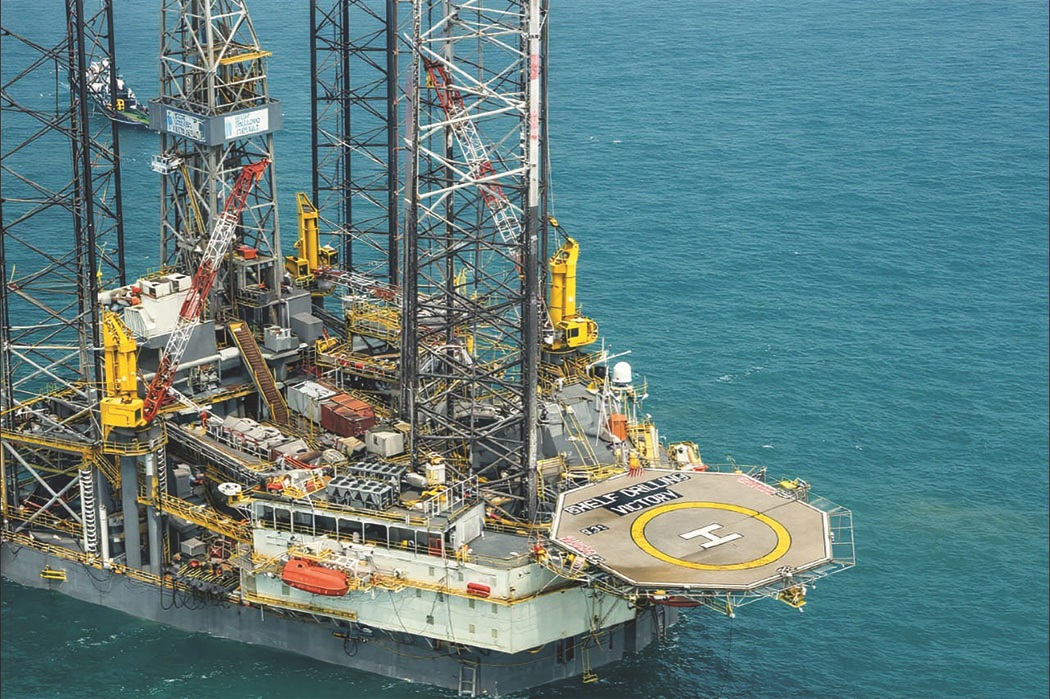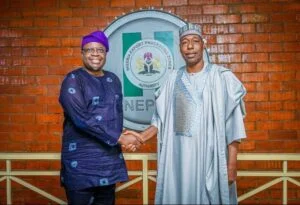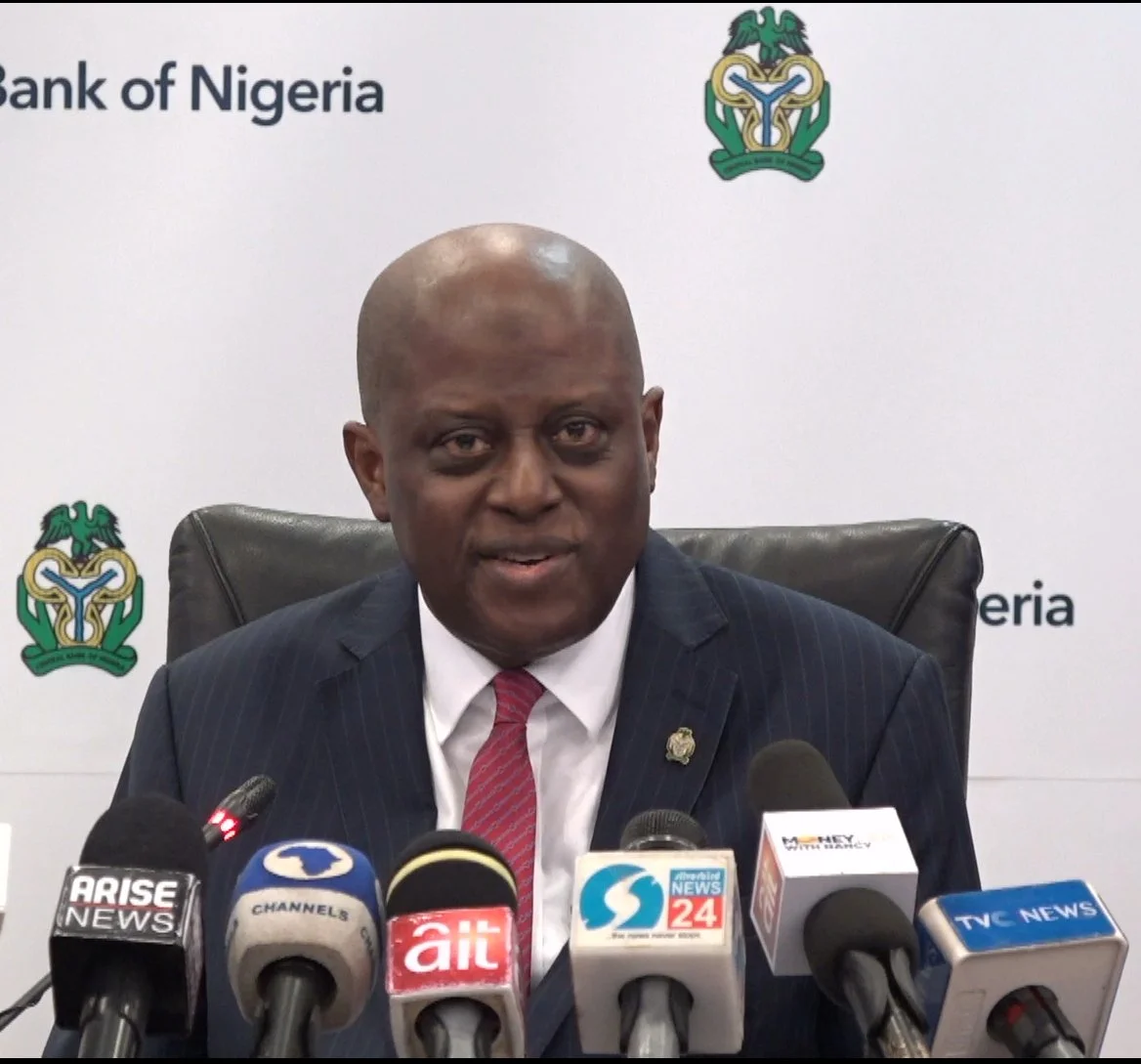The Ministry of Finance Incorporated (MOFI) has announced that the Federal Government’s investment assets—valued at ₦38.3 trillion—are currently undergoing a comprehensive audit and reform process aimed at strengthening transparency and corporate governance in public enterprises.
The Chief Executive Officer of MOFI, Dr. Armstrong Takang, disclosed this during the inauguration of the 2025 Guidelines on Corporate Governance organised by the Nigerian Communications Commission (NCC) on Wednesday in Lagos.
From ₦1.5 Trillion to ₦38.3 Trillion: A Shocking Revelation
Dr. Takang revealed that for many years, Nigeria lacked a proper record of the public assets it owned.
“When we started this process, the records showed only ₦1.5 trillion in value for government-owned assets,” he said.
“But after assessing just 20 of those assets, we identified ₦38.3 trillion in net asset value.”
He noted that many state-owned enterprises (SOEs) have not paid dividends in decades, while others have been completely abandoned or are underperforming.
Takang cited the collapse of major enterprises such as Nigerian Airways, Ajaokuta Steel, and Delta Steel as examples of failed public investments.
“We spent billions of dollars to establish these companies. Yet today, some of them are nothing more than ghost towns. No value is coming back to the Nigerian people,” he said.
Corporate Governance Failures at the Core
According to Takang, a lack of corporate governance is at the heart of the long-term failure of government-owned enterprises.
“Those in charge often behaved as if they were not answerable to anyone,” he said.
“There was no transparency, no audited financials, no performance reporting, and nobody was held responsible when things went wrong.”
He emphasised that government managers must operate with clear responsibilities, transparency, and accountability to avoid repeating past failures.
Asset Registry and Governance Scorecard Underway
To correct these deficiencies, Takang said MOFI is developing a comprehensive national asset registry that will document every public investment asset owned by the Federal Government. The registry will provide details on:
What assets are owned
Their locations
Financial valuations
Responsible managers
Performance indicators
“This is not just about record-keeping. It’s about transparency and accountability,” he said.
“Every Nigerian deserves to know what the government owns and what returns we’re getting.”
In addition, MOFI has launched a corporate governance scorecard to measure the performance of SOEs across key indicators such as:
Transparency
Dividend payments
Capital growth
Liquidity
Community impact
Takang said the evaluation process will be carried out by independent experts from institutions such as the Financial Reporting Council, Institute of Directors, and the Society for Corporate Governance.
Nigeria Must Compete at Global Standards
Dr. Takang stressed that strong corporate governance is not only a business necessity but also a national imperative for Nigeria to achieve economic transformation.
“If we want to become a one trillion-dollar economy, we cannot continue to act like we’re in the third division,” he said.
“We must behave like those in the premier league—with discipline, structure, and accountability.”
He also clarified that public assets should only be sold when they have become successful and self-sustaining, not when they fail.
“Strong institutions, sound governance, and effective asset management are the foundations of economic growth, job creation, and national pride,” he said.
Takang concluded by reminding stakeholders that national prosperity depends on how well the country manages what it already owns:
“A rich man in a poor country is still poor. If we want respect for our country and our people, we must build a strong economy—and that starts with managing our public assets effectively.”





